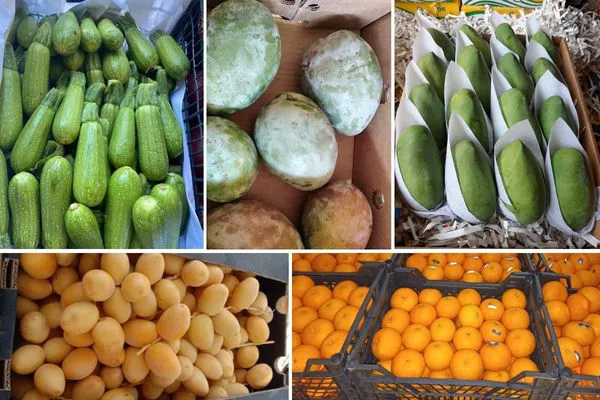The devaluation of the Egyptian pound, which fell by about 17 percent against the dollar earlier this year, is making Egyptian exporters more competitive in the international market. According to several exporters, the devaluation has not only ignited competition between Egyptians and the rest of the world but has also put Egyptian exporters in competition with each other, as not all of them have suffered the damage of the devaluation to the same degree.

According to Mr. Mourad Elzanaty, an exporter of fresh produce, the prices of several fruits and vegetables offered by Egyptian exporters are currently unbeatable on the market, especially since the products are of very good quality, after a year of excellent weather.
The exporter supplies the Arab Gulf markets, including Saudi Arabia, UAE, and Qatar. He said, "The products most in demand by our customers in the Arab Gulf countries are mangoes, strawberries, and citrus. As everyone knows, our quality is excellent for these three products, and the devaluation of the pound has enhanced our position in the gulf market."
Mr. Elzanaty continues: "Currently, I am working on the Arabian gulf markets only, as our countries are culturally close. But I plan to explore other markets. I deliver citrus fruits, such as tangerines and oranges, pomegranates, pepper, spinach, and cucumbers, as well as other products. All in all, I can source any type of fresh produce for my customers, in the volumes and packaging they require."
While some exporters were able to offer the lowest market prices, others said they could not afford such an effort. In fact, several growers stated that the difference in exchange rates caused great financial losses, especially as they import packaging materials, inputs, tools and international transportation services.
For more information:
Mr. Mourad Elzanaty
Al Fahd for import and export of agricultural products
Tel.: +2011225512926 (Arabic)
